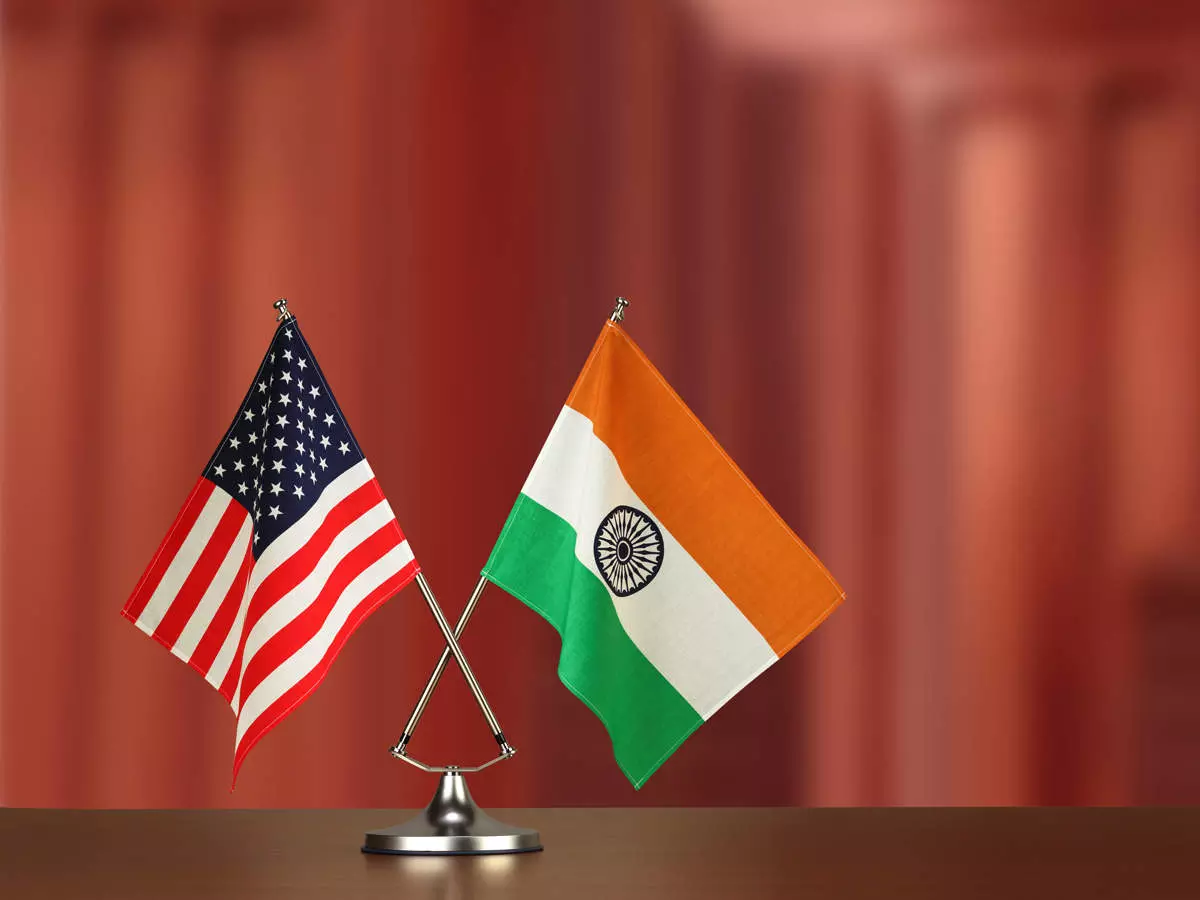US Rejects BJP’s Allegations of Collusion in Adani Probe

The United States on Saturday rejected allegations made by the Bharatiya Janata Party (BJP) accusing the US State Department and a so-called "deep state" of conspiring with a global network of investigative journalists to destabilise India. The BJP’s claims came in response to recent reports by international media outlets that raised questions about business tycoon Gautam Adani’s financial dealings and his alleged ties to Indian Prime Minister Narendra Modi. These reports, which were based on investigative journalism, have been a source of political controversy in India.
The BJP alleged that the US, through its state department and a network of international journalists, was deliberately targeting Modi and Adani as part of a broader effort to destabilize India’s political and economic landscape. The claims were made in the context of ongoing investigations into Adani's business empire and Modi’s alleged connections to the conglomerate.
US State Department Denies Allegations
In response to the accusations, a spokesperson for the US State Department swiftly rejected the BJP’s claims, calling them “unfounded” and “misleading.” The US government stressed that it had no involvement in any efforts to undermine India's leadership or destabilize the nation’s political framework. The spokesperson added that the US remains committed to its strategic partnership with India, highlighting the nations' shared interests in promoting democratic values, regional stability, and a rules-based international order.
The State Department also clarified that the reports on Adani’s business dealings were independent journalistic efforts and not influenced or orchestrated by any foreign governments. These investigations had uncovered concerns about the billionaire’s companies, which have faced scrutiny for their financial practices. The reports have raised alarm about potential conflicts of interest and have prompted both domestic and international calls for transparency and accountability.
The BJP’s Criticism
The BJP’s allegations are part of a wider narrative that the party has been pushing over the last few months regarding foreign interference in Indian affairs. Senior leaders within the party have repeatedly accused foreign governments and international organizations of attempting to influence India's political processes, especially in the run-up to the 2024 general elections. The accusations have further fueled tensions between the Indian government and international critics of its policies, particularly regarding issues of democracy, human rights, and governance.
The BJP claims that the media’s focus on the Adani-Modi relationship is part of a broader agenda to undermine the Indian government’s legitimacy and destabilize the ruling party’s position in the upcoming elections. The party has been especially vocal about reports from international outlets like the New York Times and The Guardian, which have investigated the business ties between Modi and Adani.
US-India Diplomatic Relations
The allegations also come at a sensitive time for US-India relations. While both countries have deepened their strategic and economic ties in recent years, especially with regards to defense cooperation and trade, the growing tension over issues like human rights and governance remain points of contention. India, under Modi's leadership, has faced international criticism for its handling of political dissent, media freedom, and minority rights, which have occasionally strained relations with Western nations.
The United States has long been a critic of India’s human rights record but has refrained from direct intervention in India’s domestic affairs. Nonetheless, reports from international media outlets, often based on investigations into corporate practices or government actions, have the potential to influence public opinion and diplomatic discourse.
Impact on Diplomatic Exchanges
Despite the US's rejection of the allegations, the controversy could affect diplomatic exchanges between the two nations. Indian officials have often expressed frustration with what they view as external interference in their domestic issues, while the US has maintained its stance on promoting transparency and democratic principles globally.
As the 2024 elections approach, the political fallout from these allegations could continue to reverberate, particularly as India faces increasing scrutiny from international media and foreign governments regarding its domestic policies and leadership. While both nations seek to strengthen ties, the growing tensions and accusations could play a role in shaping the future trajectory of US-India relations.

